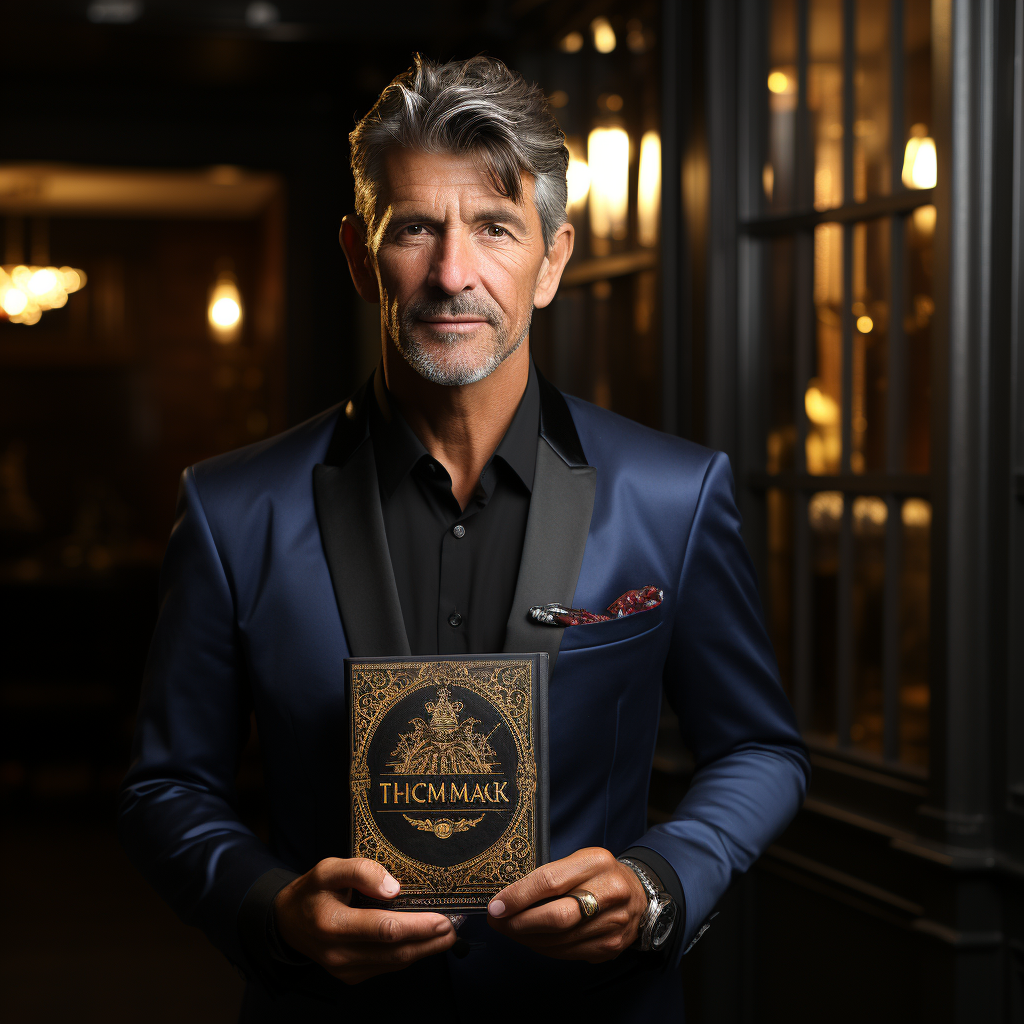At the onset of “Secrets of the Millionaire Mind,” T. Harv Eker encourages readers to challenge and question everything they read in the book but simultaneously be open to absorbing its wisdom.
Key Concepts:
- Wealth Blueprint:
- Everyone has an internal blueprint that governs their beliefs, thoughts, and actions regarding wealth.
- Attitude Towards Wealth:
- Perspective: Rich individuals see challenges as opportunities, while average individuals perceive them as obstacles.
- Focus: The rich are driven by a desire to win and grow, whereas the average person is driven by the fear of loss.
- Law of Attraction: Your focus dictates what becomes magnified in your life.
- Commitment to Wealth:
- True commitment means being wholeheartedly willing to do whatever it takes to achieve your goal. This includes dedicating the necessary time and immersing oneself fully.
- Accountability:
- The book cautions against adopting a victim mentality. Instead of blaming external factors like the government, business partners, or family, take responsibility for your actions.
- Staying Humble and Open-Minded:
- The phrase “I know that” can hinder learning. Always remain curious and open to new information and experiences. If there’s a challenge, especially with wealth, it signifies that there’s still much to learn.
- Proactivity and Taking Action:
- Rich individuals are often the first to try new things and take action, while the average person remains hesitant and prefers observing from the sidelines.
- Taking action, even if it leads to mistakes, is often more beneficial than inaction. It’s through action that we learn the most.
- Earning Philosophy:
- The rich often earn based on results or the value they bring, whereas the average person earns based on time spent. This is influenced by generational beliefs, like the idea of securing a stable job with regular hours.
Key Behaviors to Build Wealth:
- Growth Mindset: Cultivate a mindset that’s always seeking growth, learning, and opportunities, even in challenging situations.
- Financial Literacy: Invest time in understanding finances, investments, and the dynamics of money.
- Networking: Build strong, positive relationships with those who can provide guidance, support, and opportunities.
- Risk Taking: Be willing to step out of your comfort zone and take calculated risks.
- Consistency: Wealth doesn’t usually come overnight. Being consistent in efforts and strategies is vital.
- Investing: Instead of just saving, focus on investments that will yield returns.
- Self-awareness: Understand your strengths, weaknesses, and biases. This will allow for better decision-making and growth.
In essence, Eker’s book delves deep into the psychological and behavioral aspects of wealth creation. It emphasizes the need for a proactive attitude, self-awareness, and the importance of continuous learning and growth.








